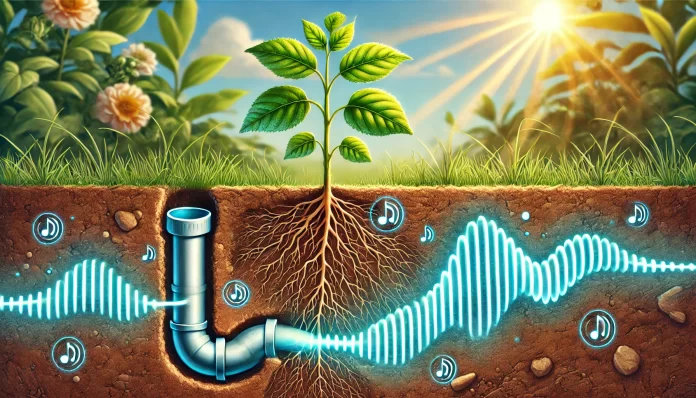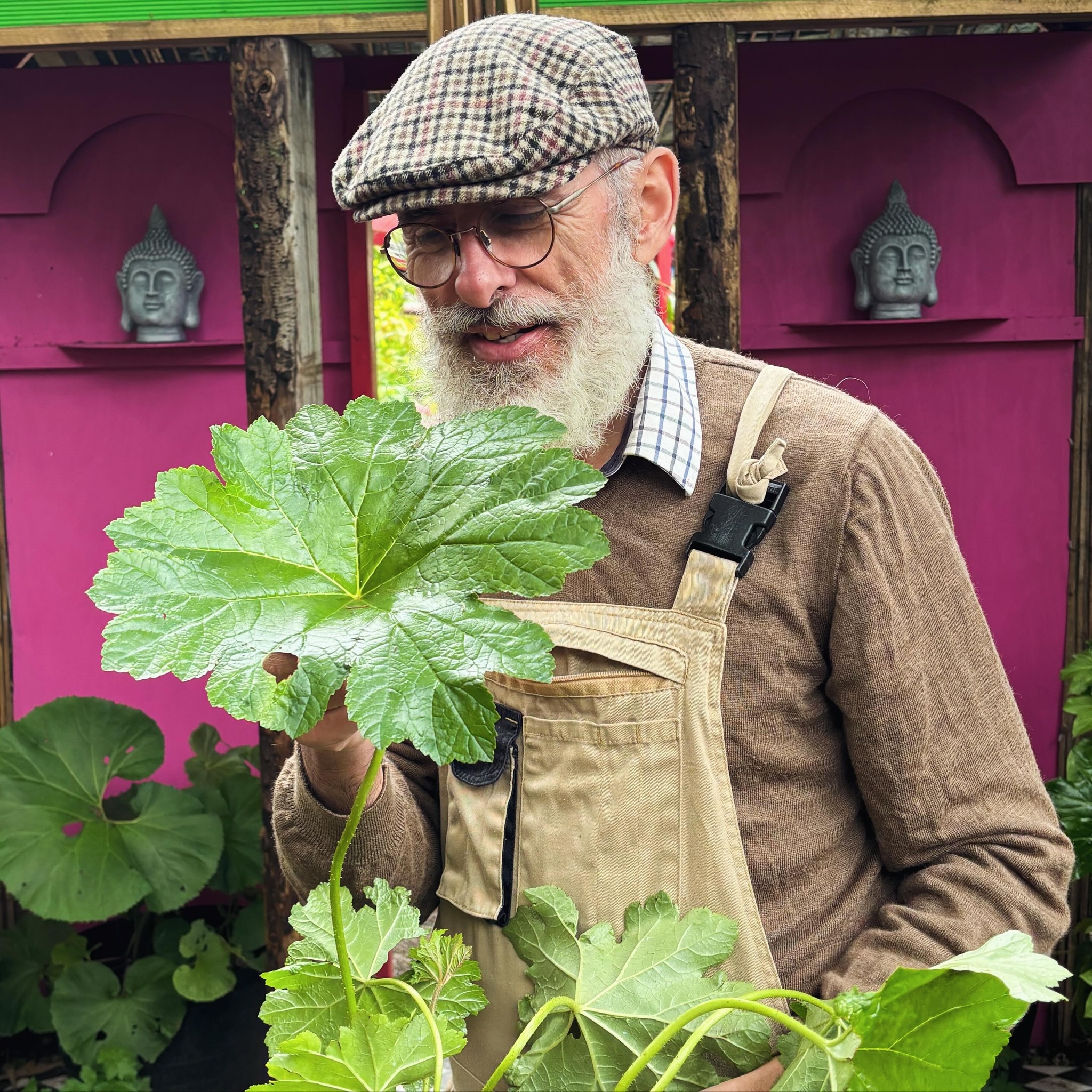It’s easy to think of plants as silent, passive life forms. But recent research is challenging this view, revealing that plants have their own way of “listening” to the world around them. In fact, some plants can detect and respond to sound vibrations, including the sound of water flowing underground.
The existence of plants that listen shows just how much more complex plants are than we ever imagined.
How Plants Hear Without Ears
Plants don’t have ears or auditory systems like animals, but they can sense sound vibrations through their tissues. This process involves mechanoreceptors—specialized proteins in plant cells that respond to mechanical stimuli like vibration or pressure.
For example:
- Roots “hear” water: Studies have found that plants can detect the sound of water moving through pipes or underground streams. When given a choice, roots tend to grow toward the source of the sound, even in the absence of moisture in the surrounding soil.
- Leaves respond to vibrations: In experiments, plants exposed to the sound of caterpillar chewing vibrations increased the production of defensive chemicals, such as toxins or bitter compounds, to deter herbivores.
How Scientists Discovered This
A groundbreaking study published in 2017 by researchers from the University of Western Australia showed that plants, such as pea seedlings (Pisum sativum), could distinguish between the sound of running water and other vibrations, like wind or white noise. The pea plants grew their roots toward the sound of running water, even when moisture wasn’t present in the immediate vicinity.
This discovery suggested that plants use sound as a way to find water, an essential resource, especially in dry environments.
The Role of Vibrations in Plant Survival
The ability to detect sound vibrations plays a crucial role in a plant’s survival:
- Finding water: By sensing water flow, plants can guide their roots to areas that increase their chances of survival.
- Defense mechanisms: Sound can trigger plants to produce defensive compounds, preparing them for threats like herbivores or environmental stress.
- Pollinator attraction: Some flowers respond to the sound of buzzing bees by increasing nectar production, making them more attractive to pollinators.
What This Means for Gardening and Agriculture
Understanding how plants respond to sound could have exciting applications in gardening and agriculture. For example:
- Water efficiency: Farmers could use sound to encourage root growth toward water sources, reducing waste in irrigation.
- Pest control: Harnessing sound to trigger plants’ natural defenses might reduce the need for chemical pesticides.
- Plant health monitoring: Studying plant responses to sound could help identify stressors like drought or pest attacks earlier.
A New Perspective on Plants
The discovery that plants can detect sound challenges the way we view these green organisms. While they may not have brains or nervous systems, plants possess an astonishing ability to interact with their environment. They sense light, touch, gravity, and now, we know they can also “listen.”
So, the next time you’re watering your garden, consider this: your plants might already “hear” the water coming before it reaches their roots!
This research reminds us that plants are far more dynamic and responsive than they appear, bridging the gap between the silent green world and our understanding of life’s sensory complexities.




